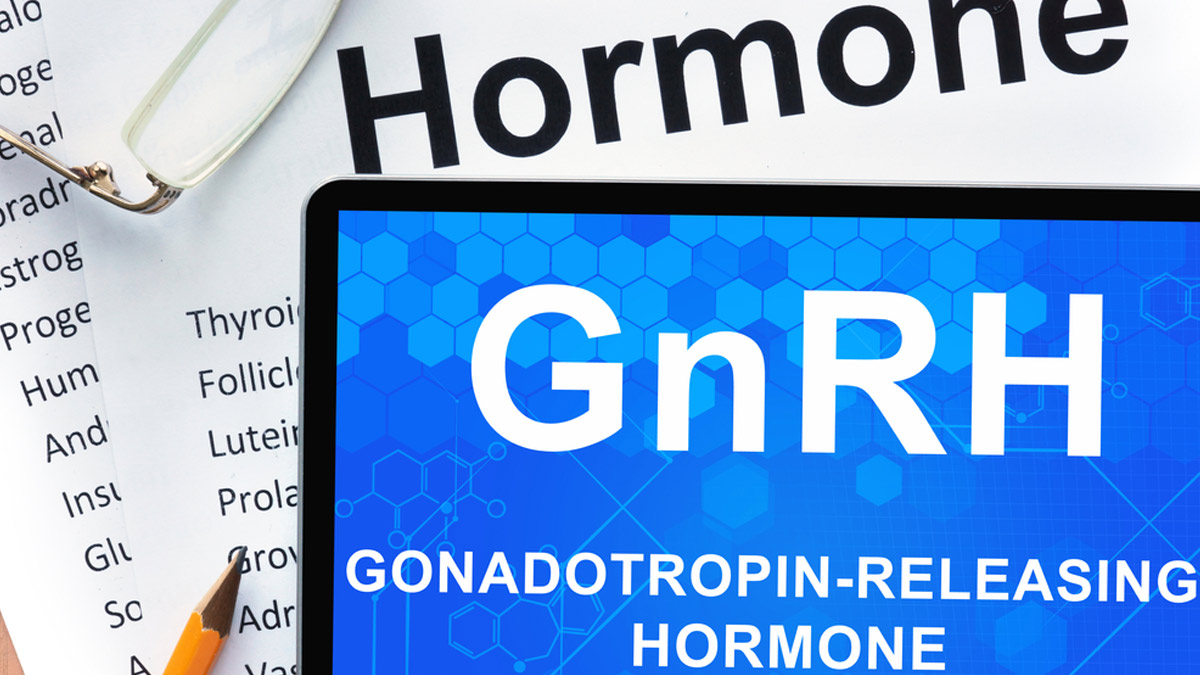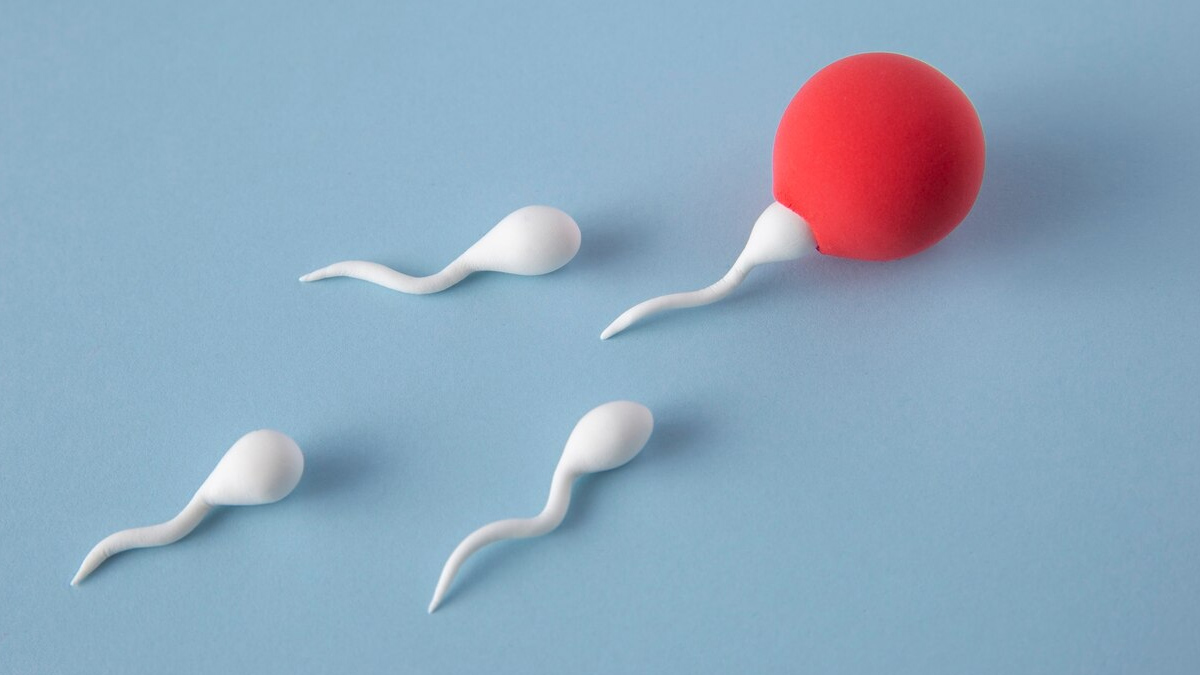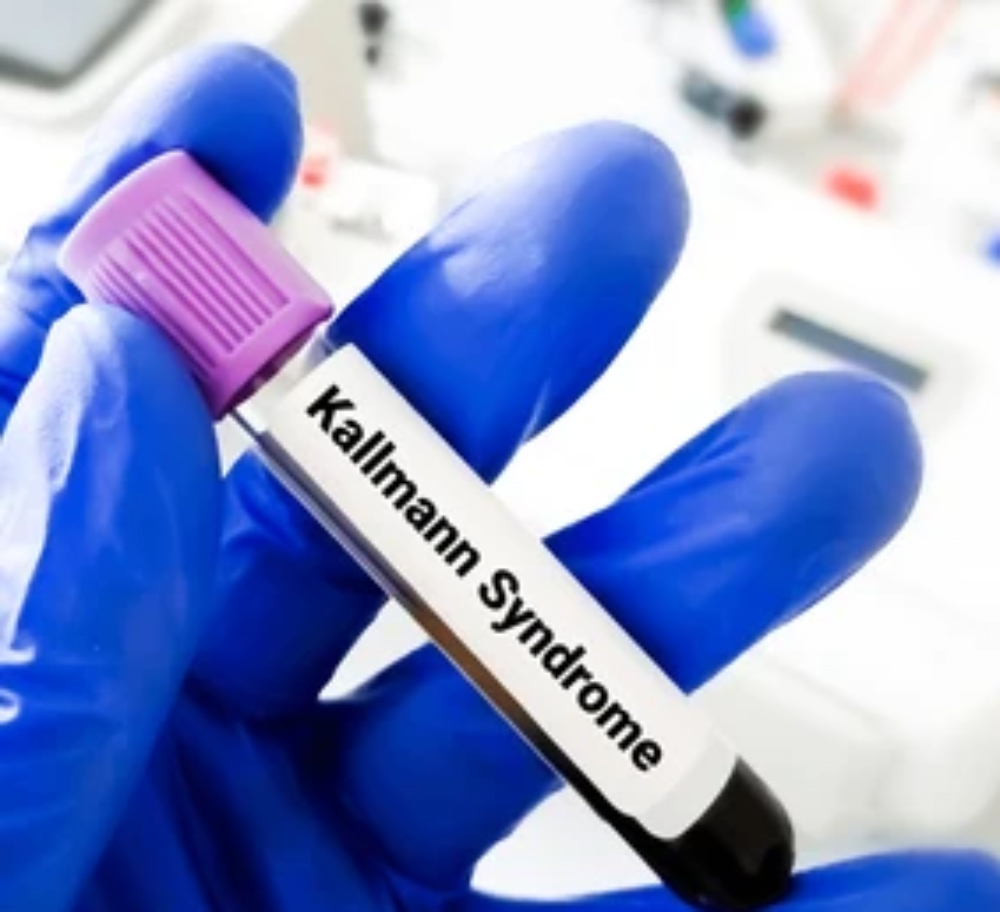
Did you know the brain plays a crucial role in impacting male fertility? The hypothalamus and pituitary gland, two small but crucial parts of the brain, control key hormones that regulate sperm production and testosterone levels. When these glands don’t function properly, it can lead to low sperm count, hormonal imbalances, and even infertility.
Table of Content:-
We spoke to Dr Kshitiz Murdia, CEO and Co-founder of Indira IVF, Mumbai, who explained this connection to help diagnose fertility issues early and explore effective treatments.
Male fertility is primarily governed by hormones regulated by the hypothalamus and pituitary gland. These two structures, within the Hypophyseal-Pituitary-Gonadal (HPG) axis, control the levels of male hormones like testosterone. Any aberration of the functions of this axis compromises hormone levels and causes fertility problems.
Role of the Hypothalamus and Pituitary Gland

"The hypothalamus, a small but vital brain region, releases Gonadotropin-Releasing Hormone (GnRH), which signals the pituitary gland to release two essential hormones: Follicle-Stimulating Hormone (FSH) and Luteinising Hormone (LH)," said Dr Murdia.
These stimulate the testis to produce sperm and testosterone. In addition to maintaining several secondary sexual traits like muscular mass, facial hair, libido, and general well-being, testosterone is essential for sperm production.
Impact of Hypothalamic and Pituitary Dysfunction

"The main effect of pituitary or hypothalamic dysfunction is decreased sperm production. This decrease occurs when the pituitary gland releases inadequate amounts of FSH, leading to reduced testicular stimulation and, subsequently, low sperm production," added Dr Murdia. A condition known as azoospermia, characterised by the absence of sperm in the semen, can hinder a man's ability to conceive naturally.
Another significant consequence of low LH levels is the lack or insufficiency of testosterone. Insufficient testosterone production by the testes due to a shortage of LH can result in mood changes, weariness, muscle loss, decreased libido, and sexual dysfunction. Long-term effects of testosterone deficiency include metabolic irregularities and serious health problems like osteoporosis.
Also Read: Explained: How Air Pollution Affects Fertility In Young People
Causes of Hypothalamic and Pituitary Dysfunction
One of the most common causes of pituitary dysfunction is pituitary tumours. According to the Pituitary Foundation, UK, pituitary tumours are swellings that occur in the pituitary gland; as they increase in size, they can damage the hormone-producing cells in the gland, including those that produce gonadotropins.
"These tumours can lead to an imbalance that impacts the synthesis of testosterone and sperm by either blocking or producing too many hormones. Subfertility occurs when the tumour compresses the gland, preventing it from generating the hormones required for fertilisation. This reduces the amount and motility of sperm," said Dr Murdia.
Genetic and Acquired Disorders

Hypothalamic or pituitary failure is also a result of other genetic and acquired illnesses. For example, in Kallmann syndrome, a hereditary disorder, the hypothalamus stops releasing GnRH, which results in low levels of FSH and LH. As a result, testosterone levels and sperm production decrease since the testes no longer stimulate.
Additionally, long-term, excessive use of testosterone dietary supplements or anabolic steroids inhibits the body's natural production of FSH and LH, which makes the pituitary gland sterile and inactive.
Also Read: IVF For Male Infertility: Why It's Not Just A Female Fertility Treatment
Treatment Options for Hypothalamic and Pituitary Dysfunction

"Hormonal therapy is the primary treatment for infertility caused by pituitary or hypothalamic dysfunction, depending on the underlying reason. Hormonal Replacement Therapy (HRT), such as giving GnRH, FSH, or LH, can restore normal sperm production and testosterone levels," explained Dr Murdia.
Medication or surgery may be necessary to regulate hormone production if a pituitary tumour is the cause of infertility. A balanced hormone balance and proper reproductive health can also be achieved by making lifestyle changes, such as avoiding anabolic steroids, following a healthy weight-reduction plan, and reducing stress.
Bottomline
Dr Murdia concluded, "Understanding how the pituitary and hypothalamus impact male fertility is essential for diagnosing and treating hormonal problems. Early intervention greatly improves fertility outcomes and prevents health problems later in life. Men can protect their reproductive health and fitness by recognising the signs of hormonal issues and consulting a fertility professional."
[Disclaimer: This article contains information provided by an expert and is for informational purposes only. Hence, we advise you to consult your professional if you are dealing with any health issue to avoid complications.]
Also watch this video
How we keep this article up to date:
We work with experts and keep a close eye on the latest in health and wellness. Whenever there is a new research or helpful information, we update our articles with accurate and useful advice.
Current Version
